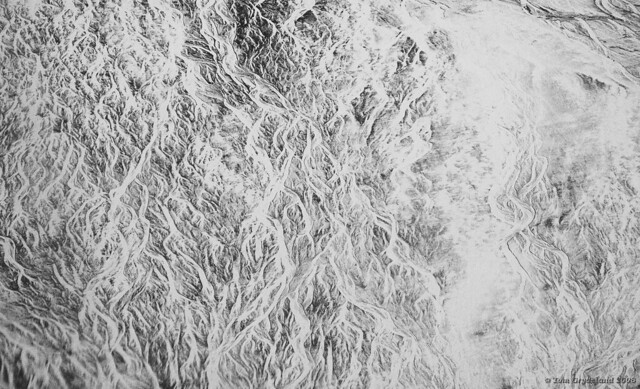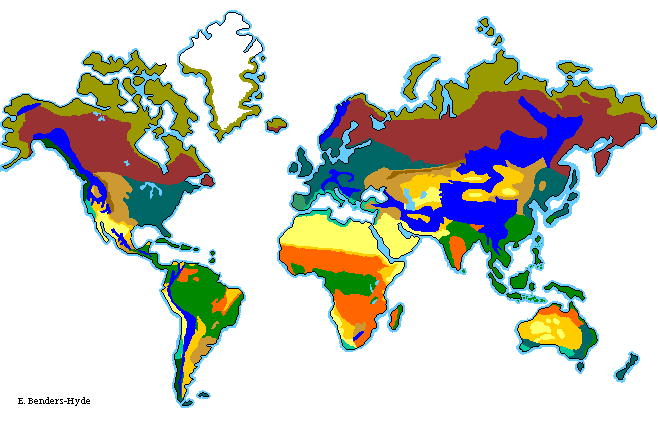lunes, 22 de diciembre de 2014
BASQUE WHALING
Did you know that WHALING was an important activity in Basque economy?
Here you have a power point presentation about BASQUE WHALING.iNTERESTING, ISN´T IT?
viernes, 7 de noviembre de 2014
FARMING MULTINATIONALS
Last day I asked you to find some information on MONSANTO (official webpage), the biggest multinational on farming products.
Here you have some videos that illustrate the damages genetic manipulation developed by some multinationals is causing.
Here you have some videos that illustrate the damages genetic manipulation developed by some multinationals is causing.
FARMING
 |
| machinery for farming |
Here you have some exercises that will help you prepare the exam you'll have soon.
| bocage |
- Vocabulary exercises:
- exercise to practise some concepts connected with farming (crosswords).
- Matching pictures and concepts
- exercise with multiple choice options, for reviewing vocabulary and concepts learned until now.
- exercise where you have to fill in the gaps.
- Exercise on farming systems around the world with multiple choice answers.
- Here you have a mind map that explains all these farming systems in the world. I hope it will be very useful for the exam you will have soon. Have a look at it!
FARMING SYSTEMS IN THE WORLDopen-field
rice paddy
greenhouses
Extensive farming because of the extension of the territory, however, it's intensively exploited because of the use of many technological advances Intensive cattle raising Extensive cattle raising Artificial irrigation
lunes, 3 de noviembre de 2014
THE OIBAR VINEYARDS, DO WE HAVE A FUTURE?
This is a very interesting video of a young boy and his father who work in the Oibar vineyards. Listen to their opinion about their everyday life and future. Who does really controll the agricultural production? How can we fight it? Which are the possible solutions?
jueves, 16 de octubre de 2014
SEVERAL ECONOMIC CONCEPTS
www.datutalaia.net is an interesting page where you can easily find information on economic statistics, both in the whole Basque Country and in municipalities.
Have a look at them and do the following activity:
Fill in this chart, but before ...
- Make a copy of the document and drag it onto My Drive
- Change the name of the document, (e.g: Ibai Arana economic concepts)
- Share it with me from the very first moment (larranaga.helena@laskorain.net)
- Take the data (datuak) of each row (lerroa) and make a clear graph to illustrate it. For that...
- Select the range of information (rows and columns)
- Insert - graph (choose the style of graph that most suits it)
martes, 30 de septiembre de 2014
IDENTIFYING BIOMES & LANDSCAPES
We have already started the course and BIOMES is the first work that students from SOCIAL SCIENCES (DBH·3) are going to deal with.
In groups of 4, they are going to search about each one of them (Tundra, Taiga, Decidious forest, desert, savannah (grasslands) and rainforest), and they are going to present their discoveries to the rest of the class.
So far, we have learned quite a lot of new vocabulary and concepts, and it´s worth revising them.
Here you have a nice crosswords for testing how much you have learned.
This is an easy exercise to identify the different biomes. The only thing you have to do is drag the answer and locate it on the picture.
We also have learned about the different characteristics of biomes. Well we can practise and prepare ourselves for the exam if we click on the above link.
Now that we know quite a lot about biomes, let's check it! Here you have an exercise that will tell you how much of the information presented in class you have understood. Ready? So go for it! It's going to be a good test for the next exam you will have soon.
Concerning landscapes, we have seen three different types of them. Do the following exercise where you just have to match the picture with its corresponding name.
And here you have another exercise where you have to match the pictures to their correct definitions.
And what would happen if we transformed our nature in a non-rational and non-coherent way? Do this exercise
In groups of 4, they are going to search about each one of them (Tundra, Taiga, Decidious forest, desert, savannah (grasslands) and rainforest), and they are going to present their discoveries to the rest of the class.
So far, we have learned quite a lot of new vocabulary and concepts, and it´s worth revising them.
Here you have a nice crosswords for testing how much you have learned.
This is an easy exercise to identify the different biomes. The only thing you have to do is drag the answer and locate it on the picture.
We also have learned about the different characteristics of biomes. Well we can practise and prepare ourselves for the exam if we click on the above link.
| Savanah / grasslands |
| Decidious forest |
 |
| The Tundra |
| Desert |
Now that we know quite a lot about biomes, let's check it! Here you have an exercise that will tell you how much of the information presented in class you have understood. Ready? So go for it! It's going to be a good test for the next exam you will have soon.
Concerning landscapes, we have seen three different types of them. Do the following exercise where you just have to match the picture with its corresponding name.
And here you have another exercise where you have to match the pictures to their correct definitions.
And what would happen if we transformed our nature in a non-rational and non-coherent way? Do this exercise


